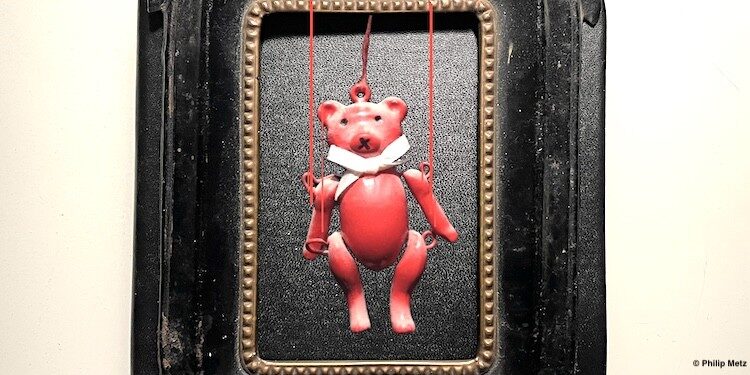One will never be able to say what “the” family passes on. At the core of “each one”, there is jouissance [1], beyond compare, unrivalled. There is no family without jouissance. But nonetheless, there is no family without desire, whether it is the non-anonymous one of the mother, the one of the father by introducing the law in the desire, or even-more that of which the child is there as “many miscarriages of what has been, for those who engendered {it}, the cause of desire [2]”, namely object a.
“{T}he family has its origin in misunderstanding, in the non-encounter, […] the family is formed by the Name-of-the-Father, by the desire of the mother, by objects a. […] the family is essentially tied by a secret, by a non-said. What is this secret? What is this non-said? It is an unsaid desire, it is always a secret about jouissance [3]”.
With this latest newsletter, we will learn from families and their discontent as various facets of a prism.
With Mariel Martins-Lecouturier’s text, we will focus on a reduced form of the family through that of Romain Gary. “Making family two-gether” unveils how Romain Gary is “the child of his mother [4]” and how the young Roman Kazew had become the author of Promise at Dawn.
Nathalie Georges-Lambrichs’ reading of the film “Zone of interest” confines us in an atmosphere: discontent! Through Jonathan Glazer’s gaze, it is human illness that is brought up here. Within this “zone”, it is precisely the object, lurking beneath silences and signifiers, which affects. The interest is that of psychoanalysis – to make room for this non-absorbable rest. Read it until the last letter to get a breath of fresh air!
Luciana Zafimaharo opens the doors of two institutions for us, that of the School and that of the Child Welfare Services. Which of the uses of the law could support families that don’t manage to stem their child’s truancy? Judges, professors, could they save the trouble of transference? What are the conditions to open up the perspective of another point from which one can see oneself?
FaMIL gives you something to read but with PIPOL 12 you could put pen to paper! Until the 5th of April, send your proposed contributions for the simultaneous sessions of Saturday, 12th of July. PIPOL 12 bibliography is there to support your elaborations. You’ll find it on the blog.
Finally, how could we forget to mention PIPOL 12 podcasts with Eric Laurent’s precious indication: “the role of the psychoanalyst is, in the face of distress, to be able to render inconsistent the passion that dwells on this precious object [5]” which is the child in the contemporary world.
Enjoy the reading!
[1] Laurent É., “Les nouvelles inscriptions de la souffrance de l’enfant”, in M. Perrin Chérel (dir.), Être parents au 21e siècle, Paris, Ed. Michèle, 2017, p. 84.
[2] Lacan J., The Seminar of Jacques Lacan, Book XVII, The Other side of Psychoanalysis, translated by Russell Grigg, WW Norton & Co, 2007
[3] Miller J.-A., Affairs of the Family in the Unconscious, translated by Frédéric C. Baitinger and Azeen A Khan, The Lacanian Review, Issue 4, 2017
[4] France culture, “Romain Gary, l’écrivain aux multiples vies”, épisode 4/5: L’enfant de sa mère, disponible sur le site de Radiofrance: L’enfant de sa mère: épisode 4/5 du podcast Romain Gary, l’écrivain aux multiples vies | France Culture; [the translation is ours].
[5] Laurent E., L’enfant, le reste, l’encombrement par les restes dans l’expérience analytique, n°2, conférence dans le cadre du Séminaire des échanges à la librairie Mollat, 2011, podcast de PIPOL 12, 19 mars 2025.
Translation: Manuela Rabesahala
Proofreading: Dana Tor







